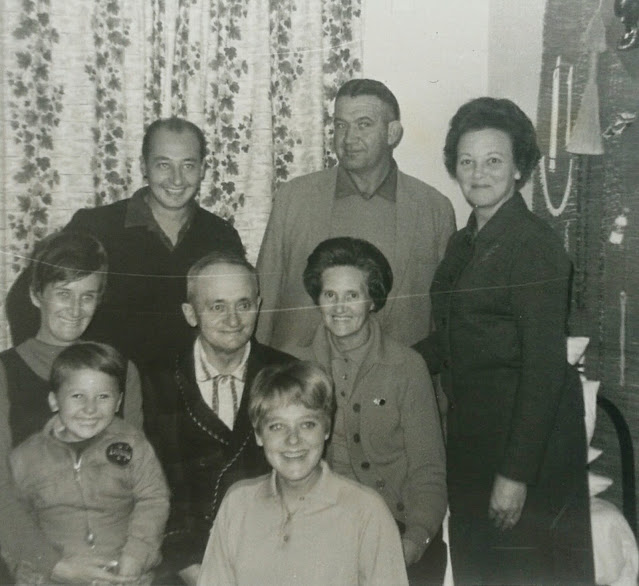Self-Isolation, what Self-Isolation?
 |
| The Road to Our House |
For the two of us here in the mountains, there's not much difference between "self-isolation" and what we usually do.
We prefer to live with our furry friends, both tame and wild. We know the leopard tortoises by name. To come across one, or sometimes all of them, at the end of a day is like meeting a friend on the road.
The black eagle pair still soars above our house.
The other day we surprised a brown buzzard on a Cape spurfowl carcass. The kill wasn't fresh - he'd been feasting on it for at least a day.
There's a new-ish, very wild Cape Grysbok in the reserve.
Even the baboons visited the other day after a long absence. Okay, some housemates are more welcome than others...
So we carry on doing our thing, keeping trips to town to the bare minimum and carrying F10 veterinary disinfectant wipes in the bakkie. Yes, people, vet shops still have "hand sanitiser". When you take care of two demanding dogs and three idiosyncratic cats you get to know these things.
The only thing I've stockpiled is pet food, because two of mine are dependent on veterinary diets and the Royal Canin factory is fairly certain to experience distribution problems soon. This afternoon Buurman will bring no fewer than five enormous bags - literally a bakkie load - of puppy food and six small bags of specialised cat food for the hip-dysplaced kitty and I don't feel bad about it. These are my children and I will fight any other equally privileged pet parent for the last imported, overpriced pellet.
Tiny (8 weeks) barks at the radio
Except that I suddenly don't have an income. People in the city don't seem to realise it may be safer in a secluded reserve with zero human interaction than anywhere else. The cottage even has uncapped Wi-Fi so they could continue to work, and I've confiscated Buurman's surgical disinfectant (don't ask) for cleaning. I'll keep on advertising, but I'm not holding my breath.
My assistant, Miriam, has had two days off on full pay, although I'm not sure it's safe for her to stay in their wooden shack in the township either. Like their children in Harare, Miriam and Abel don't have running water. Miriam fetches water in a bucket from the house in whose backyard they pay to live (Abel wouldn't be seen dead carrying water: it's women's work). They make open fires with wood from our alien-clearing project to heat water for washing and cooking in order to avoid using electricity.
Buurman still goes to work. The virus-infected tourist was not at Graham Beck Estate, but at their sister estate, Steenberg. The latter has been closed down. GBE goes on as usual behind the scenes, only with wine sales closed and with alcohol-based hand sanitiser everywhere, Buurman says.
I feel afraid to say this, but a sizeable, joyous part of me feels relieved to be rid of the guesthouses (bar one booking, to which I look forward very much, because it's for good friends). The work is repetitive in the extreme and I don't fare well with repetition. In fact, repetition makes me feel frustrated first, then angry, and eventually depressed. In the long run mundane, repetitive chores, no matter how many podcasts and audiobooks I listen to while doing them, make me lose the will to live. And since coming to live with Buurman, I have raised the bar on what I expect from life. Survival is no longer good enough, you see. I want to thrive.



